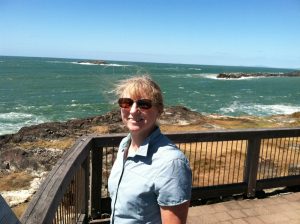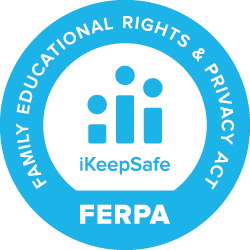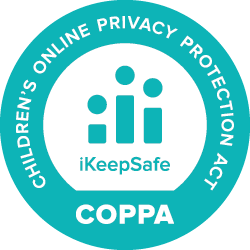Live Event: September 28, 2017 at 1:00pm Eastern (US)
Dr. Virginia Dale is an Environmental Scientist at the Center for BioEnergy Sustainability – Oak Ridge National Labs. She studies environmental decision-making, plant succession, land-use change, landscape ecology, ecological modeling, sustainability, and bioenergy systems in order to develop and deploy solutions in clean energy and global security. She’s also a JASON Host Researcher featured in our Tectonic Fury curriculum.
About Virginia
What are your favorite hobbies or activities you do for fun?
Gardening, reading
Do you play any musical instruments?
Wish I did (have had a guitar under my bed for 30 years!)

Do you play any sports or do any athletic activities?
Hiking, swimming
What is your favorite non-science book, magazine, or blog?
The Geography of Bliss
Who do you look up to and admire?
Pope Frances, Michelle Obama, Barack Obama, Nelson Mandela, Eleanor Roosevelt
Schools attended
Vanderbilt University, University of Tennessee, University of Washington
Favorite classes/coursework in elementary school, middle school, high school, college:
Mathematics, anthropology, political science
What educational accomplishments are you most proud of?
Obtaining a PhD
What kinds of challenges did you overcome during your education?
• Pursuing math when others did not understand my interest in it
• Being the only female in some classes
• At my high school, girls were expected to excel in English and languages before they were allowed to take the “supposedly” more difficult science classes. However I have never enjoyed languages, and my grades reflected that lack of interest. Thus, I was not allowed to enroll in chemistry or physics but could take as much math as I wished (for who would be interested in math?). But geometry, algebra, and calculus were a lot more fun to me than Latin or French.
Employer
UT-Battelle (a private company that manages Oak Ridge National Laboratory for the US Department of Energy)
Official title
Corporate Fellow
“Layman’s” title
Environmental scientist
Years in this organization/position
33
What does your organization do?
Oak Ridge National Laboratory delivers scientific discoveries and technical breakthroughs that will accelerate the development and deployment of solutions in clean energy and global security while creating economic opportunities for the nation.
What is your role in the organization?
Research scientist
Describe your work environment
My day to day work is in an office – often standing at my computer or having meetings at the large table in my office, which is filled with plants and photos of places that I have worked. My large window looks out on a hillside of large trees. Every Spring the sycamore tree directly outside my windows is filled with cedar waxwings, as these crested birds migrate north.
What tools and/or techniques do you use in your job?
Computers, mathematical analysis tools, geographic information systems, field sampling of vegetation
Describe a typical day in your job
I regularly engage in meetings and conference calls with other scientists in my laboratory, students, and colleagues from around the world. I regularly travel to scientific meetings and workshops. These meetings often involve field trips. Occasionally I engage in field work or leading field trips.
Describe an atypical day in your job
Recently my team made a site visit to the highlands of Guatemala where we are starting a new project on sustainable agriculture. We traveled by car to the high mountains to visit farm families in their homes and conduct a focus group with farmers and farming groups. It was eye opening to begin to understand the lifestyle of these Mayan communities and think about ways that modern agricultural systems and technologies might improve their lives.
How is the work you do important to society?
My team is defining sustainability in a way that can be quantitatively assessed and measured. This work helps determine practices that improve environmental, social and economic conditions for all. My team has also shown that large disturbances are an integral part of climate change and the need and benefits of planning for large, infrequent distances.
What accomplishments are you most proud of in your current role?
• Serving on national scientific advisory boards for five agencies of the United States and several committees of the National Academies of Science
• Being among the members of the international science community that contributed to the Intergovernmental Panel on Climate Change Scientific Assessment that in 2007 received with Al Gore the Nobel Peace Prize
• Receiving the Distinguished Landscape Ecologist award by the United States Regional Association of the International Association for Landscape Ecology in 2013
• Authoring 10 books and more than 250 published articles.
What projects or goals are you currently pursuing?
Helping assess options and identify those that offer the highest degree of sustainability as measured by the provision to society of specific economic, environmental and social services with the lowest costs.
What are the biggest challenges you face in your work?
• Untangling the complexity of ecological interactions
• Making my science clear to the public
What is the most exciting, most amazing, or scariest thing that has happened to you during your work?
Being part of the first group of biological scientist to enter the Red Zone after the 1980 eruption of Mount St. Helens
Previous employers and positions that have lead to your current role
• Graduate student assistant at the University of Tennessee and the University of Washington
• Intern at Oak Ridge National Laboratory
• Postdoctoral associate at the University of Washington
• Lecturer at the Pacific Lutheran University and the University of Puget Sound
Other positions not necessarily related to your current career
• Waitress
• Worked in bookstore
Best job you’ve ever had and why
Working an educational greenhouse because it was fun to be around interesting plants and tell others about them
Worst job you’ve ever had and why
Waitressing because my job was physically hard yet, had long and late hours and did not contribute to anything that I was interested in pursuing.
What were you like as a kid?
I was into sports and not academics. I loved to read and would get immersed for hours into a book. I enjoyed spending time outside by myself and with others.
What were your favorite books/shows/movies when you were a kid?
I loved science fiction books and Star Trek.
What did you think you were going to be when you grew up at age 12? At age 15? At age 18?
I thought I was going to get married and have children. I did not think about a career.
When did you know you wanted to pursue your current career, and what drove you towards it?
When I went to college, it was natural that I major in math. As part of my undergraduate major in mathematics, I was required to take a science elective and selected ecology. In that class, I heard the professor mention the term “mathematical ecology,” and it was an epiphany to me. Then the Environmental Sciences Division at Oak Ridge National Laboratory (ORNL) was interested in having math students be engaged in their projects and so I was invited to work on a Masters in math while working at ORNL. I was strongly encouraged at ORNL and had a fun and engaging experience. I had never considered obtaining a PhD or a career in science before my time at ORNL. That experience in a key reason why I came back to ORNL after I obtained my PhD.
Who inspired you on this path?
My mentors at Oak Ridge National Laboratory, my university professors, my father
What did you believe about this career before entering into it that proved to be different once you were in?
That it was hard to even consider as a path for me; that science was an activity for others.
What advice would you give a student interested in pursuing your career?
• Make sure you enjoy what you do
• Persistence is critical
• Ask questions
What advice would you give students in general?
• Avoid the tendency to be a “superwoman” and to become overextended. Striving for balance in life involves having fun, being honest, and organizing your life to alleviate the pressure to do it all.
What are some interesting places you’ve traveled?
The Brazilian Amazon, highlands of Guatemala, the Galapagos, Mexico, Panama, Thailand, diverse environs of Australian, contrasts between northern and southern China, cultural landscape throughout Europe, Krugar Park in South Africa, Mount St Helens and other mountains in the Pacific Northwest, the mountains and lakes of east Tennessee. Most of these were visited as part of my job.
Other resources
https://www.ornl.gov/staff-profile/virginia-h-dale
http://www.smithsonianmag.com/history/rising-from-the-ashes-77047181/
https://www.ornl.gov/blog/ornl-review/virginia-dale-bioenergy-sustainability


